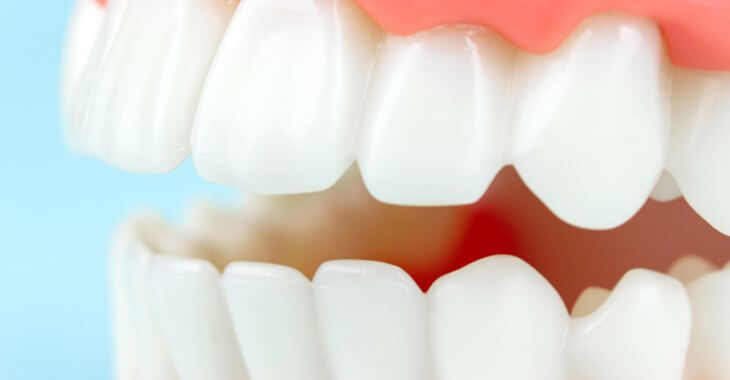The Link Between Dry Mouth and Bad Breath
There are certain oral health conditions that go unnoticed and others that produce uncomfortable and even embarrassing symptoms. Dry mouth, or xerostomia, plagues many patients, especially diabetics and senior adults who may be on several prescription medications. While it is hard to swallow and even speak with a dry mouth, it can also be a culprit to bad breath.
Saliva plays a critical role to your oral health and digestive health. It helps dissolve and swallow the foods you eat, and it rinses away harmful bacteria from your teeth and gums. Saliva also helps to neutralize the acids in your mouth, which can cause enamel erosion over time. Therefore, when saliva production is low, you are at a much greater risk for dental problems like gum disease and tooth decay.
For those that suffer from dry mouth, there is not enough saliva to flush out that extra bacteria and food debris. Left alone, these substances will start to break down inside your mouth, which triggers the release of foul-smelling sulfur compounds. The devastating result is bad breath or halitosis.
Why Treatment Is Important
If you suffer from bad breath caused by dry mouth, it is important that you seek proper treatment. Your breath mint or extra brushing sessions may not be enough to restore your breath confidence. An experienced dentist can offer dry mouth relief using dedicated products to increase saliva production and consequently create fresher breath.
Treating your dry mouth will not only eliminate or limit your bad breath, but it can also lessen your risk for cavities and gum disease. Ignoring a potential oral health threat can lead to more serious and more costly dental problems in the future.
Posted on behalf of…
The information provided on this website, including text, graphics, images, and other materials, is intended solely for informational purposes and should not be used as a substitute for professional medical advice, diagnosis, or treatment.


)